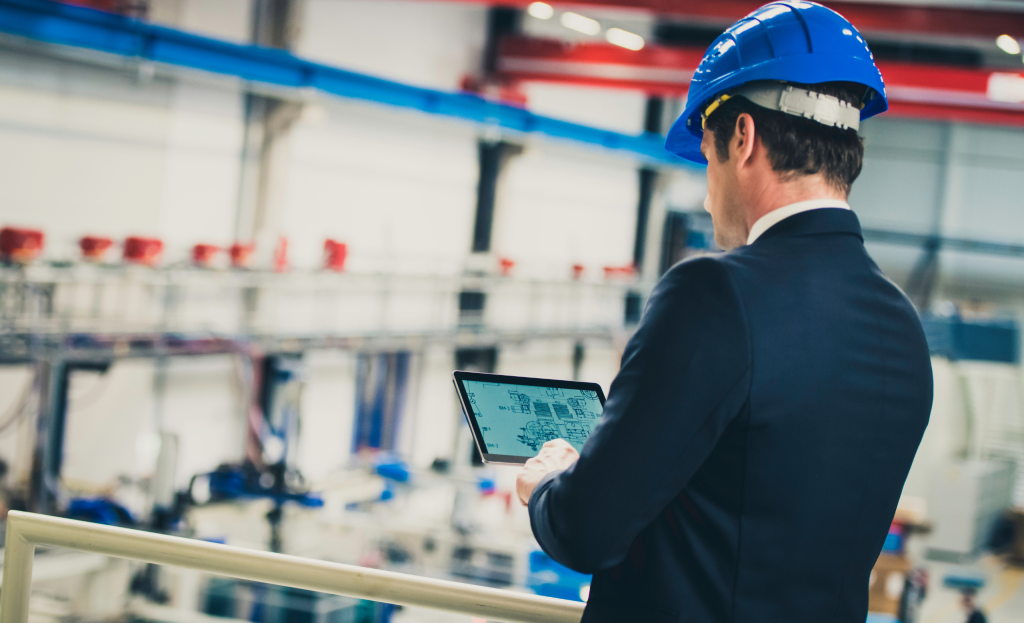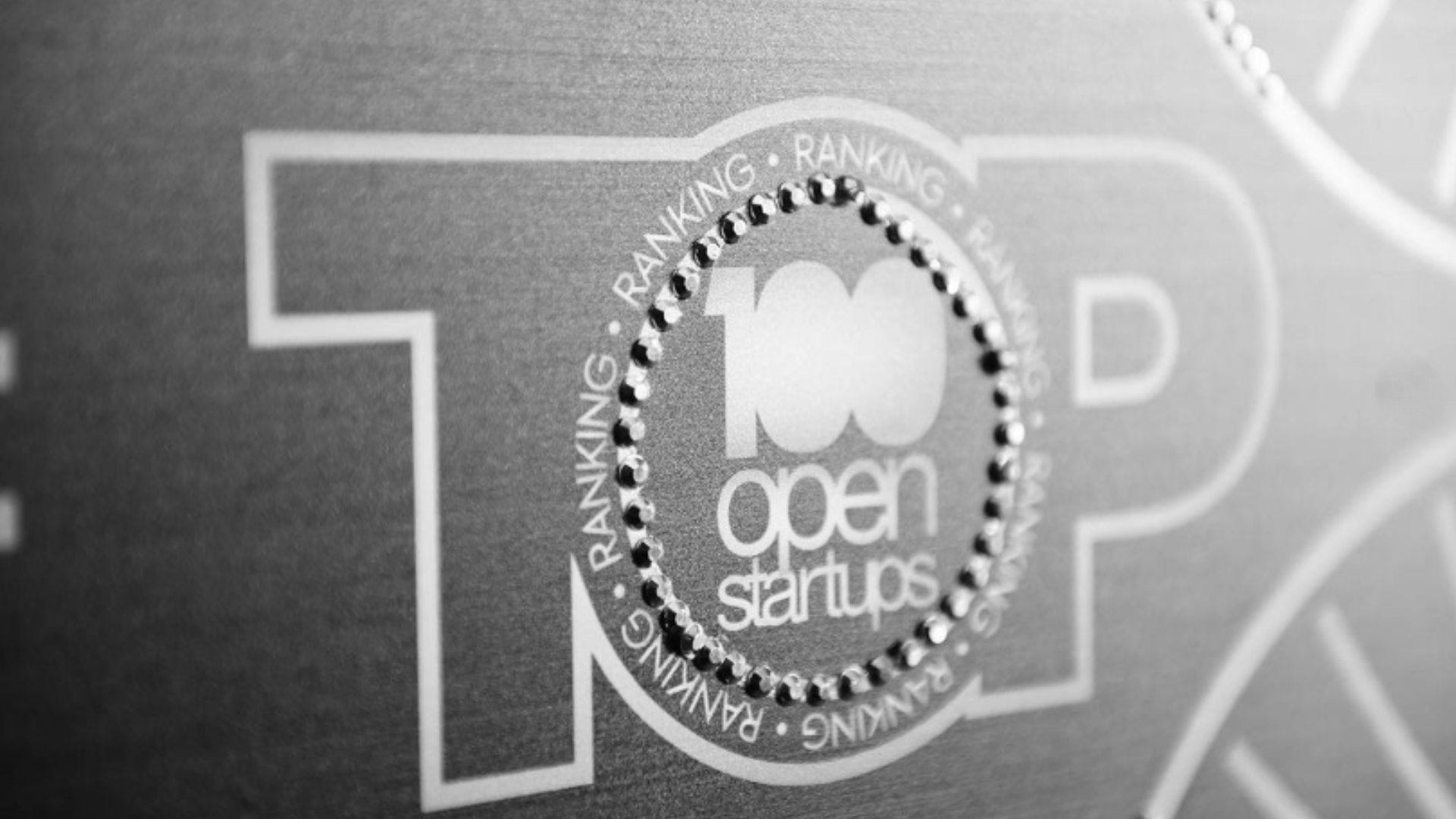Surely, you may have already come across the term IoT, an abbreviation for “Internet of Things” in English. This is a technology that emerged with the aim of connecting everything through networks, integrating devices, objects, machines and much more.
It may not be known to you, but in Brazil, the concept of 'Internet of Things' is already widely recognized. This is especially evident in common uses, such as card machines and automotive trackers, although its applications go far beyond these examples. One of the prominent highlights is the industry, where this technology is causing a real revolution.
To understand the extent of this resource's usefulness, it is estimated that there are more connected machines worldwide (approximately 8.4 billion) than cell phones (2.1 billion). However, in the Brazilian industrial scenario, there is still considerable room for growth.
One of the reasons for this slower adoption of IoT in Brazil was the high initial costs. Although this reality no longer persists, it still remains as a memory in the minds of managers.
Nowadays, technology has become popular and investments are quickly compensated by increased productivity, reduced losses and more efficient consumption of resources. This makes it increasingly viable and profitable to incorporate the 'Internet of Things'.
>>Read also: The role of BMS Tecnologia in Industry 4.0
IoT and Industry 4.0:
Imagine being able to monitor and control each stage of the factory floor, with machinery analysis, process control, production and quality, real-time diagnostics and the best: all of this in an automated and remote way. It seems impossible, but with IoT it is not.
This is what we call Industry 4.0!
In order to further clarify the advantages that this form of innovation provides to the industry, we created this content, highlighting 5 reasons that make IoT an essential technology for those looking to stand out in the industrial scenario.
Let's go to them:
1- 100% digital integration
This is the end of manual collections, typing errors and processing delays.
IoT simplifies the connections between each productive step, with data integration and automated and instant analysis.
In addition to reducing infrastructure costs and making task management more flexible, it also offers much more control and security to the manager.
2- Quick analysis and decision making
Easy and fast connection to make the best decisions, at the right time.
By integrating all procedures and offering detailed and instantaneous information on each phase of the production line, this technology enables agile diagnoses. This results in optimized response times and increases the accuracy of the measurements taken.

3- Cost Reduction
The revolution on the factory floor is not expensive, but it gives a lot of results.
The financial gains achieved do not just derive from increased productivity or reduced losses. They can also come from reduced deployment costs and resource consumption, especially when compared to other tools and systems.
4- Control remotely
Autonomy and control in the hands of the manager, whenever and wherever you need it.
The management of tasks, information, analyzes and decisions must be constantly precise and agile. However, when these procedures are performed in an analogue manner and without the adoption of unified integration systems, this becomes almost unfeasible.
In this sense, IoT brings together everything the manager needs. It allows access in real time and from anywhere, so that he does not waste time or miss information relevant to the factory's needs.

5- Increased efficiency
Reduction of stoppages, early diagnosis, quick and accurate actions.
All this, combined with other benefits, makes the factories increasingly efficient, increasing production, reducing losses and resource consumption.
It's no surprise that when we talk about IoT, we're talking about revolution.
These are just some of the benefits of the 'Internet of Things' applied to the industrial sector. These countless advantages are what make it grow more and more every day in Brazil and around the world, receiving public and private investments.
However, contrary to what was imagined, IoT is no longer a promise for the future, it is a reality on the factory floor! Currently, it is already present in 86% of industries with solutions and systems applied at some level. This clearly demonstrates that to avoid falling behind and being overtaken by the revolution, it is essential to adapt.
To learn more about IoT, its applications, costs and advantages, talk to an expert.

















